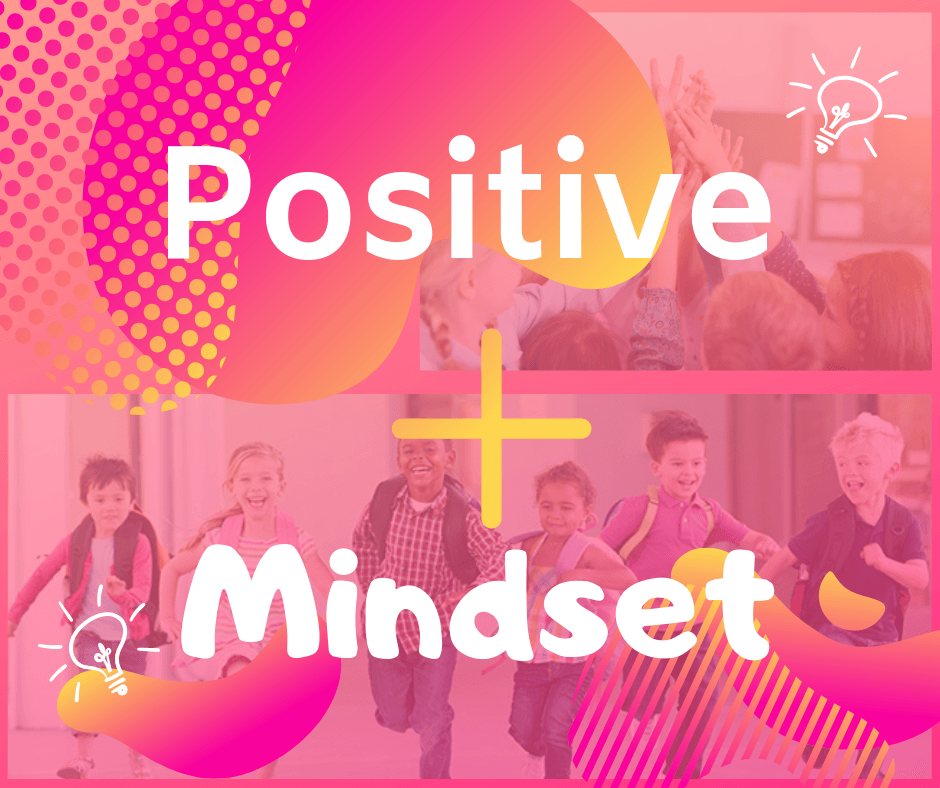Communication--The recipe for connecting with your child
Eight Ways to Increase Communication With Your Child
When my youngest child, Rianna, was little, my son Joseph had some friends over, just hanging out and playing. The boys were about 8 at the time. They were playing loudly and acting up and just being boys. Rianna had had enough. She hollered, “Would you guys stop, you’re frustrating me?!”
Michael, my son’s friend, started laughing and said, “How old is she?” She was two.
From the beginning, Rianna has been a great communicator and a little woman who knows her own mind. She knows what she needs and what she wants and I give credit to the hours we, (my wife Millie and I) have devoted to her language skills and simply listening to her. I have always thought it is best to give children, no matter how small, the tools and language we use. They will become as precise as we let them be. It might seem odd that a two-year-old would use the word “frustrating” but that is just what she was…frustrated! She might have also been annoyed, or borderline angry, but mostly she was frustrated, and she had the word to describe the feeling.
And more than that, she felt comfortable going in to a pack of big boys and telling them her feelings. That is communication. She needs, as all children do, to interact with the people in her family, verbally, every day. The simple act of speaking, talking, listening and learning can be done while you are picking them up from school or day care, helping them off with their boots, or getting ready for the family’s dinner. You might be thinking, “Well, of course, I speak with my kids every day,” but how is the in-depth listening, interacting and learning part going? Are you as sure as you can be that your child will continue talking to you into their tweens, teens and beyond? If we, as parents, take the time to truly listen to our children, the relationship grows deep roots, strengthening the bond to us and the earth.
The following are strategies parents can use to build a strong relationship with their children:
1. Be available whenever and wherever your child wants to talk. What if you're in the middle of something? Arrange a time when you can talk-soon.
2. When your child talks, really listen. Accept the fact that you won't agree on everything. Never label a child's opinions, beliefs, feelings, or experiences "silly", "stupid", "childish", or "wrong."
3. Ask your child every day about what they are doing and thinking. Tell them about your day, too. Form the habit of frequent conversation.
4. Spend at least one hour a week with your child. Whenever possible, spend a whole day together. Your child will cherish these special times.
5. The fewer topics you declare "off limits", the more your child will talk with you. If you don't know the answer to a question, help your child to find it.
6. Be willing to talk in a place that's comfortable for your child. Remember that some children have a hard time sitting still. Don't insist that they "settle down" before you can talk.
7. Ask your child's opinion or advice about something important.
8. Have family dinners now anad then during which conversation focuses on one topic. Brainstorm as a family things you might talk about, then rotate whose turn it is to pick the topic.


